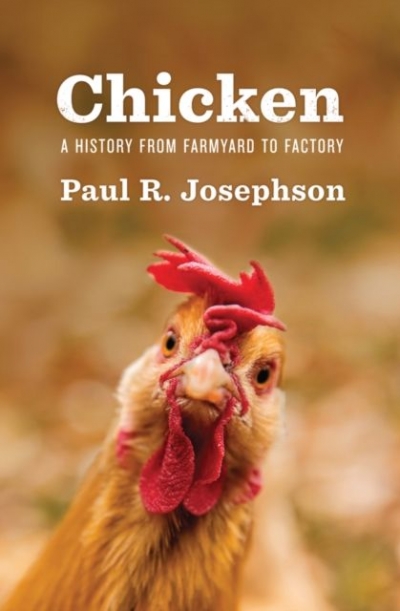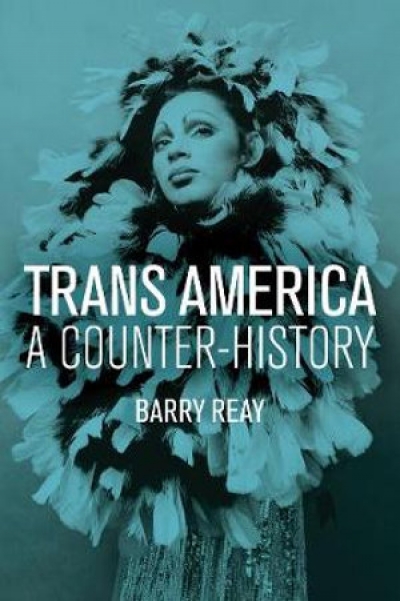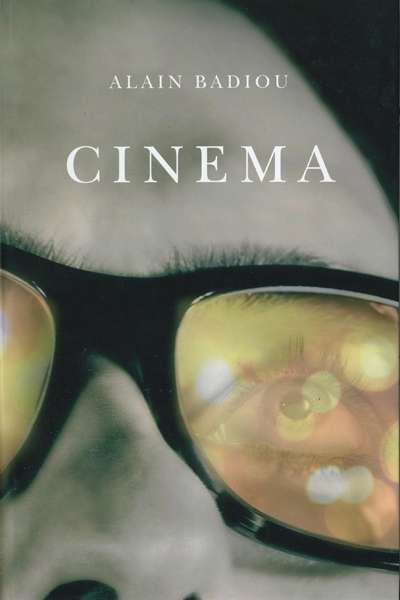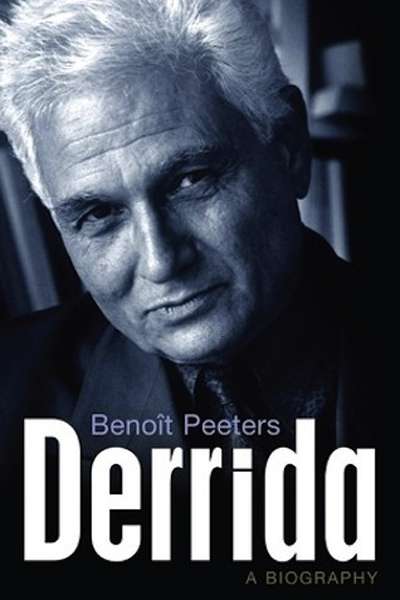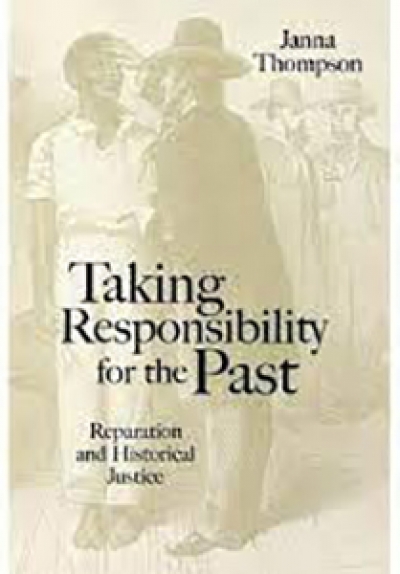Polity
Chicken: A history from farmyard to factory by Paul R. Josephson
by Ben Brooker •
Cinema by Alain Badiou, translated by Susan Spitzer
by Hamish Ford •
Derrida: A Biography by Benoît Peeters, translated by Andrew Brown
by Shannon Burns •
Merchants of Culture: he Publishing Business in the Twenty-First Century by John B. Thompson
by Terri-ann White •
Echo Chamber by Kathleen Hall Jamieson and Joseph N. Cappella & Why Democracies Need an Unlovable Press by Michael Schudson
by Rod Tiffen •
Taking Responsibility for the Past: Reparation and historical justice by Janna Thompson
by Kristie Dunn •

